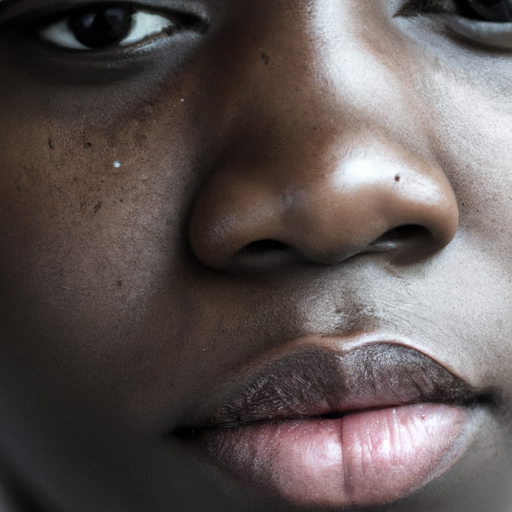Title: Busting Blemishes: A Comprehensive Guide to Acne Treatments
As a dermatologist, I encounter countless patients seeking effective solutions for their acne problems. Acne, a common skin condition characterized by pimples, blackheads, and whiteheads, affects people of all ages and can significantly impact self-esteem. This article aims to provide a comprehensive guide to acne treatments, busting blemishes for a clearer, healthier skin.
Acne occurs when hair follicles become clogged with oil and dead skin cells. Several factors contribute to its development, including hormonal changes, diet, stress, and certain medications. Understanding the root cause of your acne is crucial in determining the most effective treatment plan.
Over-the-counter (OTC) treatments are often the first line of defense against acne. These products contain active ingredients like salicylic acid, benzoyl peroxide, and sulfur that help reduce oil production, fight inflammation, and speed up skin cell turnover. However, OTC treatments may not be sufficient for moderate to severe acne cases.
Prescription medications are another option for treating stubborn acne. Topical retinoids, antibiotics, and oral contraceptives are commonly prescribed by dermatologists to manage acne. Retinoids help unclog pores and reduce inflammation, while antibiotics kill excess bacteria on the skin. Oral contraceptives can regulate hormones that cause oil production.
For severe acne cases, procedures such as laser therapy, chemical peels, and microdermabrasion may be recommended. Laser therapy targets the deeper layers of the skin without harming the surface, reducing oil production and inflammation. Chemical peels remove the top layer of the skin, promoting new skin growth. Microdermabrasion uses tiny crystals to exfoliate the skin surface, unclogging pores and improving skin texture.
While these treatments can significantly reduce acne, maintaining a consistent skincare routine is equally important. Regular cleansing, moisturizing, and applying sunscreen can help prevent new acne from forming and protect your skin from potential scarring.
It’s important to note that what works for one person may not work for another. Acne treatments should be tailored to individual needs and skin types. Patience is key as most treatments take several weeks to show noticeable results. If you’re struggling with acne, consult a dermatologist who can guide you through the process of finding the most effective treatment for your skin.
In conclusion, acne is a common skin condition that can be effectively managed with the right treatment and skincare routine. From over-the-counter products to prescription medications and professional procedures, there are numerous options available to help you achieve clear, healthy skin. Remember, every skin is unique, so finding the right treatment may take time and patience. Consult a dermatologist for personalized advice and treatment plans.
Keywords: Acne, Dermatologist, Blemishes, Acne Treatments, Over-the-counter treatments, Prescription medications, Skincare routine, Laser therapy, Chemical peels, Microdermabrasion.



